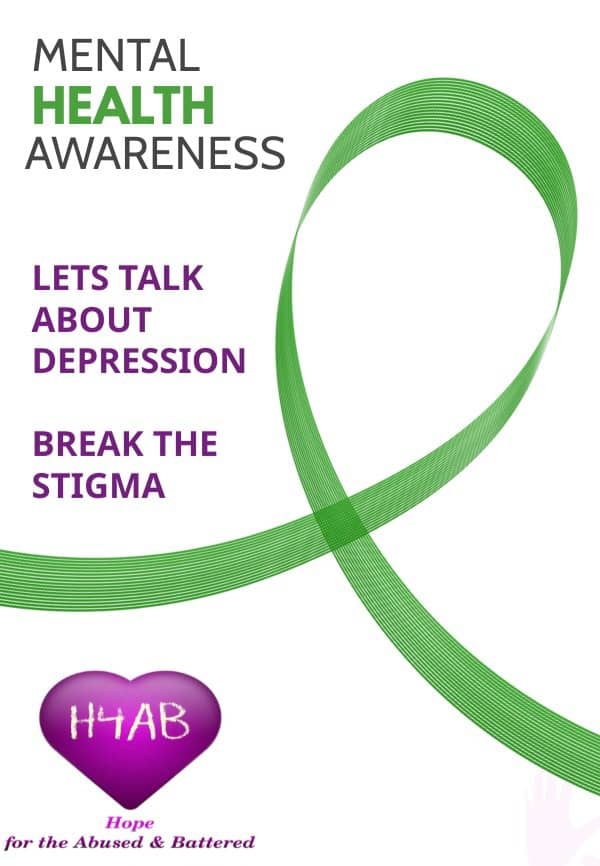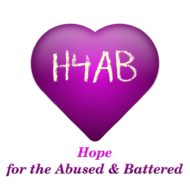
Depression is a mood disorder that causes a persistent feeling of sadness and loss of interest. Also called major depressive disorder or clinical depression, it affects how you feel, think and behave and can lead to a variety of emotional and physical problems. You may have trouble doing normal day-to-day activities, and sometimes you may feel as if life isn’t worth living.Although depression may occur only once during your life, people typically have multiple episodes. During these episodes, symptoms occur most of the day, nearly every day and may include:Feelings of sadness, tearfulness, emptiness or hopelessnessAngry outbursts, irritability or frustration, even over small mattersloss of interest or pleasure in most or all normal activities, such as sex, hobbies or sports, sleep disturbances, including insomnia or sleeping too much,reduced appetite and weight loss or increased cravings for food and weight gain, feelings of worthlessness or guilt, fixating on past failures or self-blame. Many people with depression don’t seek help for it. In part, the unwillingness to seek help may have to do with the stigmas often attached to it. People with depression may try to hide their feelings, afraid that folks will:-Judge them differently-Treat them differently-Avoid them altogetherAll this is often caused by the stigma surrounding mental health issues. In some regions in Africa people say things like depression are only meant for ” white people” so an African cannot talk about depression because he normally has to be strong.The problem with stigma is, it can be a barrier to recovery, increase depression, reduce self-esteem, reduce recovery orientation, reduce empowerment and increase perceived devaluation and discrimination, among other consequences.Today we want you to undertand that depression is real and we encourage you to check on your loved ones who show such symptoms and if you need professional help, you can always reach out to us.
